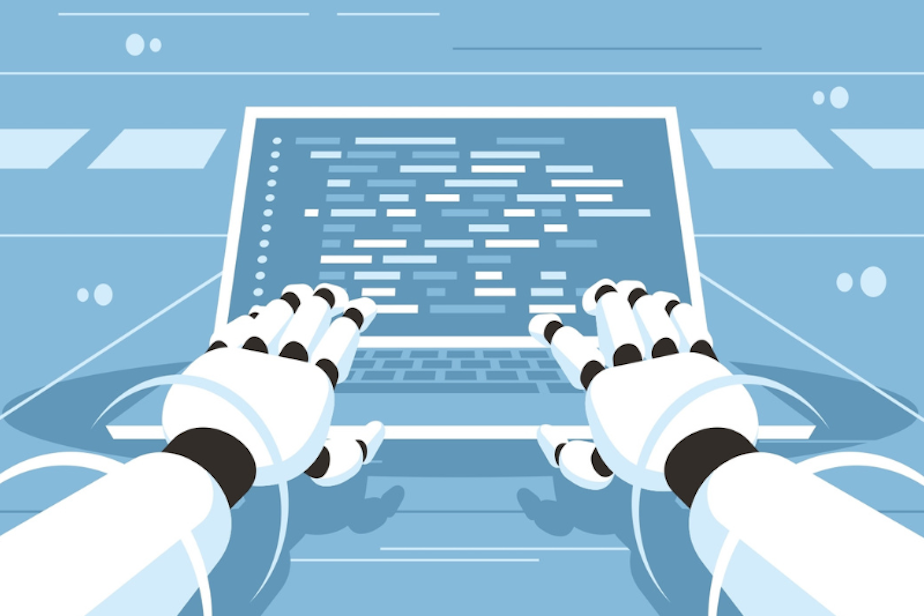Scary good or just plain scary? OpenAI's text-to-video tool amazes some, worries others

Last week, Microsoft-backed OpenAI announced a new text-to-video tool called Sora which produces videos far more lifelike and high quality than anything we’ve seen before.
OpenAI said Sora takes short, written prompts — just a couple of sentences — and turns them into hyper-realistic videos.
The internet was amazed by AI videos of a woman in sunglasses strolling down a busy Tokyo street, an octopus crawling along the ocean floor, and a house cat begging for treats.
Reactions to this technology have ranged from incredulity to existential dread.
"I've been, for the past 10 years, covering this technology. So, in some ways, I'm not as amazed as probably I should be," said Cade Metz, a reporter covering AI for The New York Times.
Sponsored
Metz was surprised by his colleagues' reactions to the videos, however.
There was amazement, but "also this sense of dread," he said. "And I will say that I've seen this time and again, and knowing how this technology is built, this is going to keep happening."
The new technology has the potential to replace jobs in the film industry, prompting fear among filmmakers.
"The jobs that might start to be vulnerable first will be ones in post-production, like the effects, CGI, and motion capture world, and then [the technology could] make its way to production," said Erin Heidenreich, a filmmaker and director of the documentary films "The War To Be Her" and "Rising Sons."
Heidenreich said there could be an up side to Sora and similar AI tools, which could make filmmaking more accessible and assist with work like story boarding.
Sponsored
However, she's concerned about how these AI models are trained. Filmmakers often pay for documentaries out of pocket and assume other risks along the way.
Heidenreich recalled going undercover to film in Taliban-controlled areas of northwest Pakistan.
"To think that all the risks that my filmmaking team and I took to capture this very inaccessible footage — footage that you really can't find anywhere — can be used without payment, without acknowledgement, and without context as to where this footage is from, or the these images, are from —it definitely feels like a deep violation in terms of the economics of where everything is going," she said.
OpenAI maintains that all videos used to train Sora were taken from the public internet or licensed data.
OpenAI hasn't released Sora to the public, in part due to concern over the potential for bad actors to disseminate disinformation and misinformation using the technology.
Sponsored
Jevin West, co-founder of the University of Washington's Center for an Informed Public, stressed the importance of educating people about how these tools work.
"I think we have to lean into the critical side, and we should be concerned about the ways in which it can disrupt things like democracies," West said. "But we also should allow the creative world — and in our case, it's the students — to interact with this as long as they understand the implications of what they're doing with the technology and the ways in which it can be misused," said West.
Listen to Soundside’s full conversation with Erin Heidenreich, Jevin West, and Cade Metz by clicking the play icon at the top of this story.





